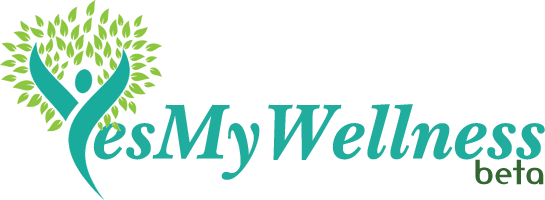Children Medication Safety Tips
Share
Feeding your child with health-related products, medication and supplements should only be done according to instructions from a healthcare professional such as a pharmacist or doctor.
But there are some basic guidelines(mostly common sense!) that we can adhere to with regards to children medication safety :
Why Is It Important To Speak To An Expert Before Giving Your Child Any Medication?
It is very important to seek consultation from an expert before giving your child any medication in order to prevent or minimise the risk of medication error.
Firstly, the parents should consult the expert in order to ensure the diagnosis and medication given to the child is appropriate.
Secondly, the safety of the medication and the right prescription on the dosage, frequency and the administration should be emphasised before giving your child the medication.
Lastly, it is important for the expert to advice on the possible side effects and contraindications among the medications to the parents.
Why Is That Not All Medications Are Suitable For Children?
This is because the pharmacokinetics process (absorption, distribution, metabolism and excretion) of medication in children are different compared to adult.
Some medications are found to have greater adverse effects when being used in children but not in adults. Besides, the safety profile of some medications is not shown when being used in children.
What Should Parents Be Aware Of When Administering Medication To Their Children?
Parents should follow the safety steps: check the expiry date of the medication, follow the label directions, measure accurate dosage, the timing (before or after meal), the duration, the frequency and the route of administration.
Besides, parents should be aware if their children have any history of allergy reaction to certain medicine or having some underlying disease (such as G6PD, asthma) as some medications may worsen the condition.
If your child’s condition is worsening, please contact your doctor or pharmacist immediately.
How Can Parents Ensure That When Using Medications For Children, They Use It Safely?
Parents should read the medicine labels and follow the instruction and counseling given by the healthcare professional before using medications for children.
If the symptoms still persist or unexpected side effect occurred, please refer to a doctor or pharmacist immediately.
Always ask or seek advice from health care professionals if they have any doubt or enquiries regarding to the medicine.
How Does Medication Affect Children?
When administered in a correct way, medicine can relief distressing symptoms, speed up the recovery or cure a disease in children. However, it is inevitable that most medicine will have side effects.
Therefore, the benefit of medication given should always outweigh it’s known risks.
Is It Ok To Feed A Child With Supplements?
Children should be expected a healthy growth if they can obtain sufficient nutrients and vitamins from their diet.
However, many children may experience vitamins and mineral deficiency issues and thus require nutritional supplements.
Therefore, it is recommended consulting a healthcare professional (your doctor or pharmacist) for the appropriate supplements which suit the needs of the child.
How Are Supplements For Adults Different From Children’s?
The supplements are different in their functions, dosage, dosage forms (for example, liquid, chewable tablet, gummy), appearances and taste.
Adults might have a different supplement requirement compared to children. Moreover, adult might need a higher dose even for the same supplement when compared to children (such as Vitamin C and Omega 3).
Are There Any Indications Of The Products (For Both Medication And Supplements) Which Could Help Parents Differentiate Between Products For Children Or Adults?
Generally, all the medications and supplements licensed in various countries need to get registered and indicate the ingredients on the product packaging.
Medications or supplements meant for children are commonly indicate by the dosage for specific age group on the label.
However, always read the products leaflet or instruction given on the product before administered any medicines or supplements.
You Might also Like




















